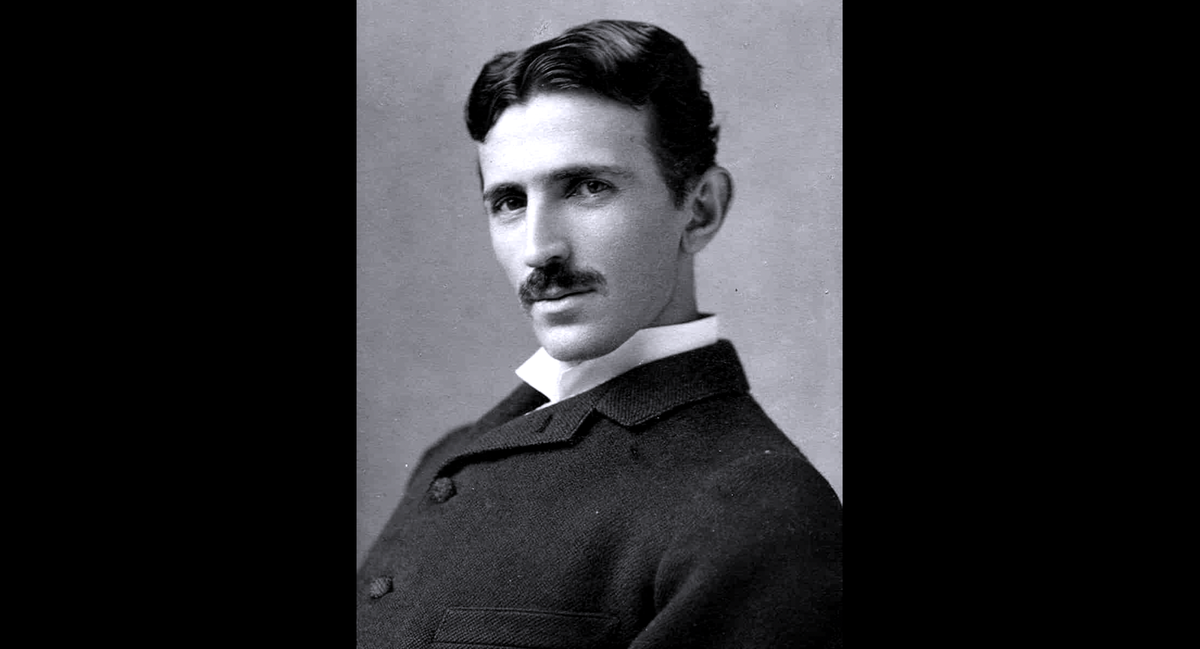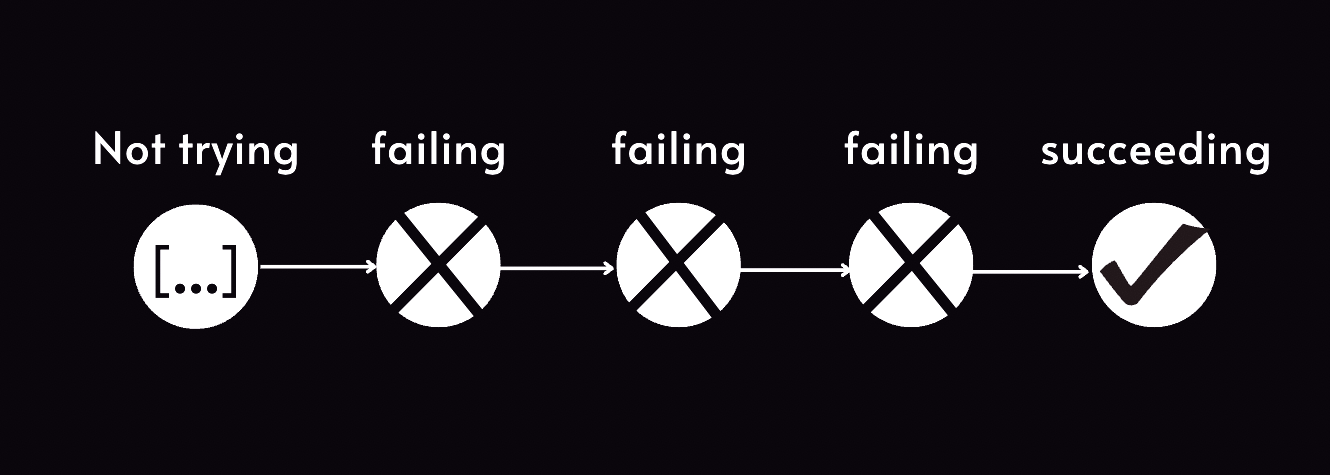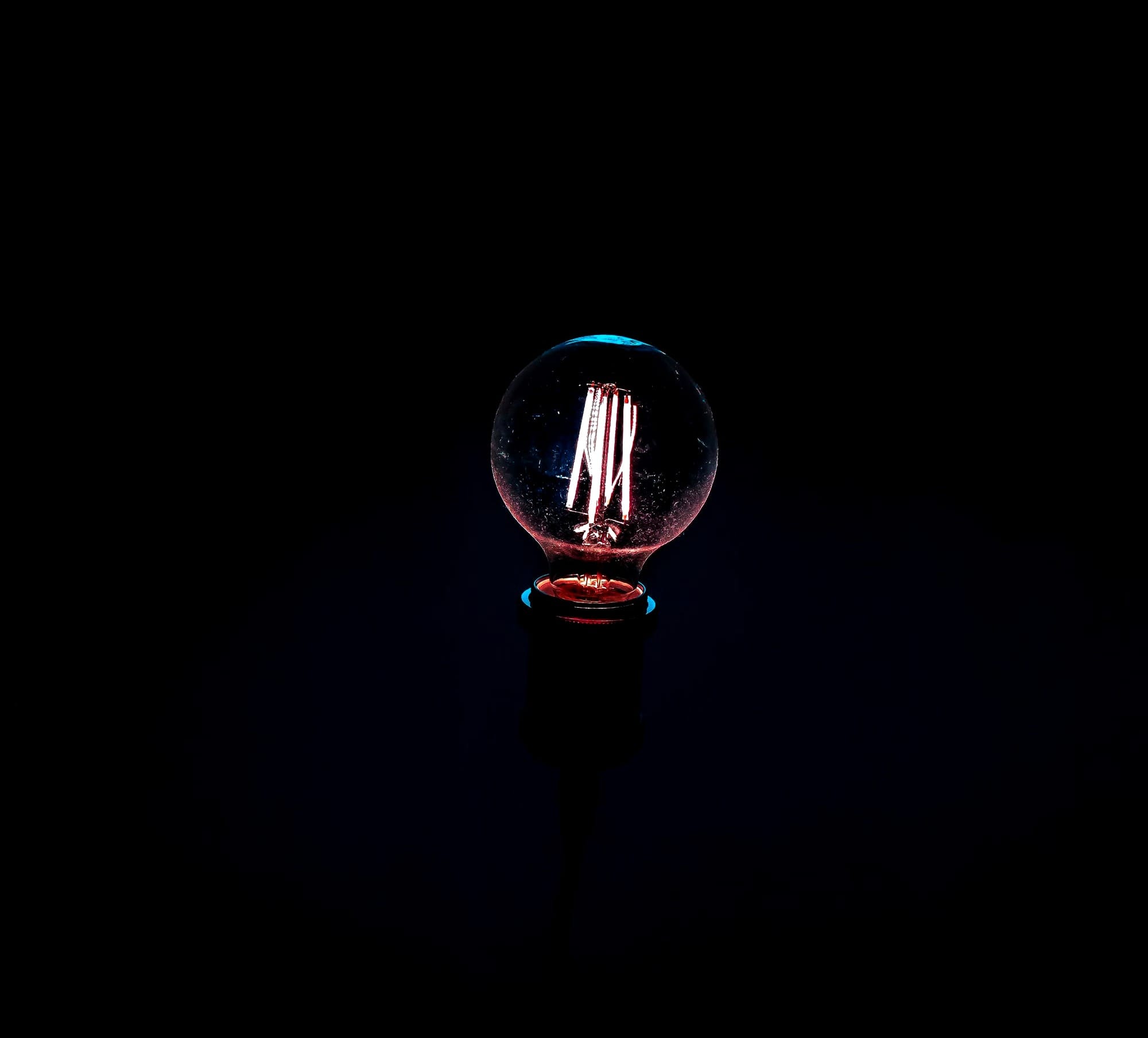Trust me… You will fail.

Last Sunday I wrote about habits. Systems, that allow us to apply consistent effort to what matters. Consistent effort is the only thing that allows us to create something profound, something lasting.
Habits are pretty useful. Only, they don't work. Not in the face of extreme or unexpected events. Habits are systems build on routines. They are a bet that the present will be much like the past. Often, they work out. That's why they are valuable. Obviously, life not only revolves around routines. A substantial part of life consists of the unexpected. Things that we are not prepared for. Then, chances are high, we fail.
I failed on multiple occasions this week. First, I failed to meet the deadline of a university project. Felt pretty daunting. This project than continued to occupy the majority of my week. As a consequence, I failed to stick to my blog process.
I guess you failed before too. Don't worry. We are in excellent company. One of the biggest failures in the history of mankind may even be Nikola Tesla. He's remarkably successful, you may argue now. He invented or at least contributed to a multitude of technologies that are deeply embedded in our everyday lives. Like your TV remote, neon lights, wireless transmission, x-rays, and alternating current–basis of our today's electric system–just to name a few of them. Not to forget, he got his own street in the centre of Manhattan (west 40th street and 6th avenue, Manhattan).
He was successful. You are right. But so am I.
Those are just the projects that worked out for him. One of his more spectacular failures was the Wardenclyffe Tower. A transmission tower, that was intended to project news across the transatlantic ocean, with much higher projected output than all other radio masts at the time. Tesla performed revisions of the project until the funder J.P. Morgan discontinued his support and the tower never got completed. Other projects that did not work out for him were wireless energy, an electric powered supersonic airship, humanoid robots, an earthquake machine, infrared death ray or artificial tidal waves. He issued around 300 patents. The majority of them we never heard of. Probably nobody cares about them today. And those were most likely just the projects he truly believed in. Chances are high he tried a lot more but failed.
He's a loser too. And that's a good thing.

I believe this story can teach us a thing or two about failure. Every so often, we are inclined to think of failure as the opposite of success. It's not. I would propose that failure is the necessary process that eventually–but probably not always–leads to success. The opposite of success therefore can't be failure. I would argue the opposite of success has to be ‘not trying’.
One conclusion could be the following… Failure is not all that bad. It's a natural part of life, and even of succeeding in it.
Of course, just admitting that we fail won't get us far. It can't be the end of the road. Therefore, the next article will be about how we can gain from failure and disorder. Consider subscribing to my newsletter to get notified once the article is published.
